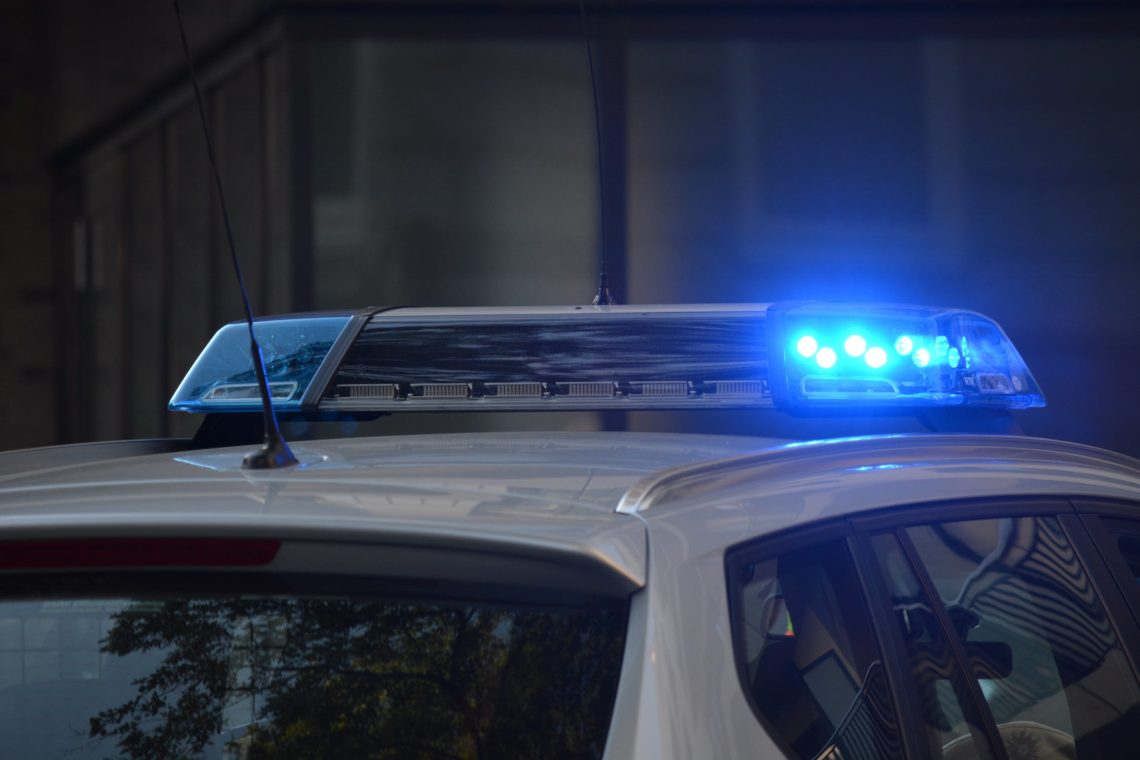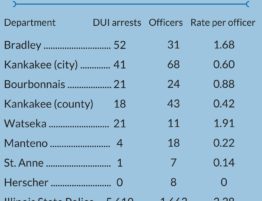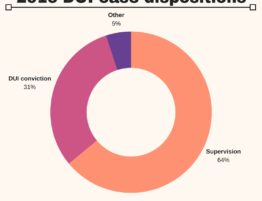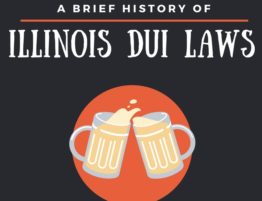
The July Fourth holiday is a busy one for law enforcement. Nearly 40 percent of fatal traffic crashes around Independence Day involves alcohol. That’s why it’s so common to see checkpoints pop up across the state. Here’s what every driver needs to keep in mind:
Not all states conduct them. Thirteen states, including Alaska, Idaho, Texas and our neighbors Wisconsin, Michigan and Iowa, prohibit DUI checkpoints.
But Illinois does. The Illinois State Supreme Court decades ago ruled DUI checkpoints constitutional. That followed a case in which a man was arrested for failing a field sobriety test and refusing a breathalyzer during a driver’s license checkpoint set up by state police in 1982. The defendant argued his Fourth Amendment rights had been violated and the lower courts initially agreed. But the state’s highest court decided the deterrent effects of roadblocks justified “some intrusion.”
Are sobriety checkpoints really a deterrent for drunk drivers? That’s up for debate. A Chicago Tribune analysis from 2015 reviewed 270,000 citations issued through checkpoints and found 93 percent were for far less serious offenses like not carrying insurance. The CDC, on the other hand, says checkpoints can potentially prevent up to 1 of 10 DUI-related deaths.
Can I avoid a checkpoint altogether? Technically, maybe. There have been notable cases in which an appeals court has sided with a driver who avoided a checkpoint by making a U-turn. But be very careful here. There may be ample reasons to stop you anyway. And under no circumstances should a driver litigate a case out on the road. That’s what courts are for.
Police have to publicize checkpoints in advance. But don’t count on seeing it. The local newspaper may or may not run the notices, and it’s not likely you’ll find them on individual police department websites. Just assume you don’t know when and where they’ll be.
Know your rights at a checkpoint. Here’s where things get really tricky. Drivers want hard and fast advice here, and no attorney should ever give that beyond: Don’t argue with a police officer. Ever. Yes, an officer still needs probable cause to search your vehicle, e.g. an open container, booze on your breath. But if you feel like you’ve been detained illegally, keep quiet, and hire an attorney.










